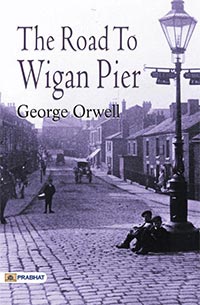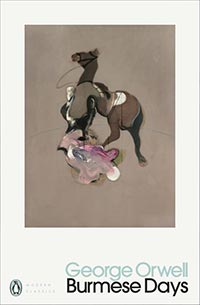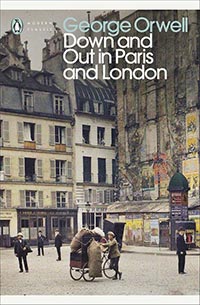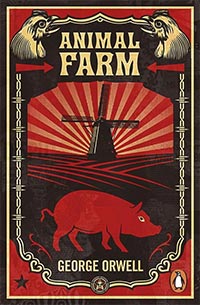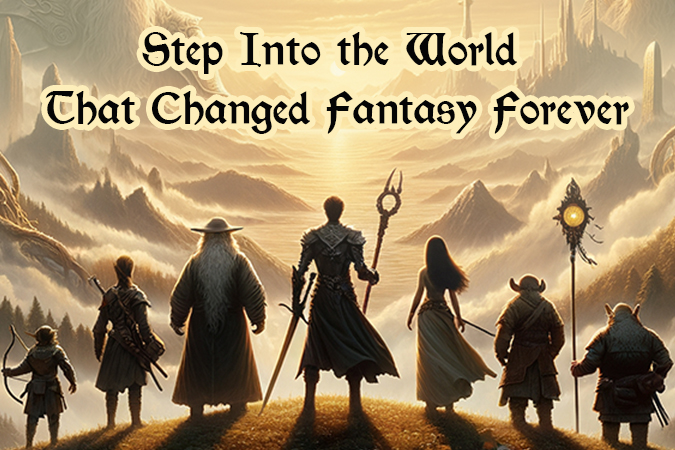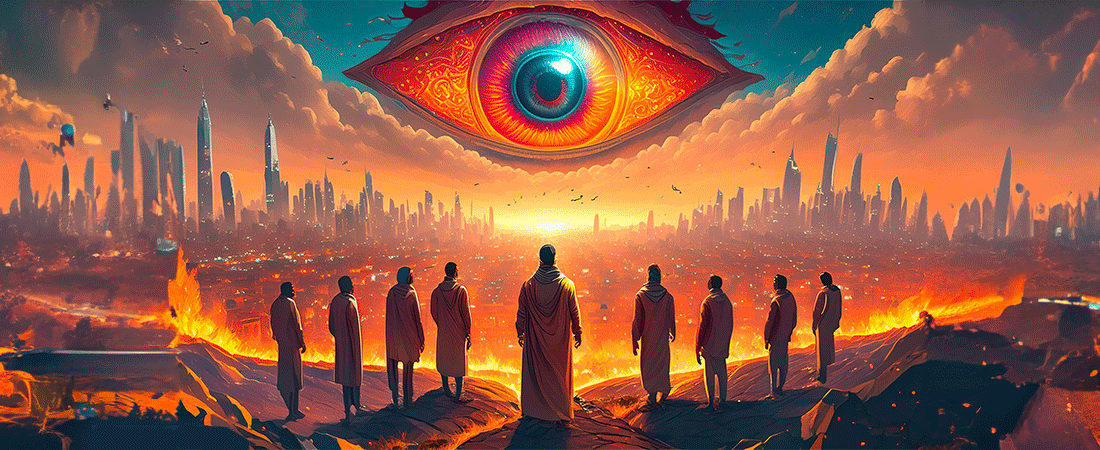
As 1984 by George Orwell marks its 75th anniversary, now is as good a time as any other to revisit this prophetic novel that continues to echo the nuances of our modern society. Orwell, a master of dystopian fiction, crafted a narrative so potent that it remains a cornerstone of literary discussion and cultural analysis decades later.
Published in 1949, 1984 presented a chilling vision of the future, one dominated by totalitarian regimes and pervasive government surveillance. The novel’s setting—a grim world where Big Brother is always watching—has become a symbol for intrusive government and the erosion of individual freedoms. Its relevance today? Undeniable, as debates over privacy and state control rage on globally.
This win holds a special place in history as Erpenbeck becomes the first German author to win the International Booker Prize, while Hofmann becomes the first male translator to do so. Kairos echoes the footsteps of last year’s winner, Time Shelter, by weaving its narrative around the fall of the Iron Curtain in Eastern Europe.
The story follows Winston Smith, a Party member who works at the Ministry of Truth, where he alters historical records to fit the Party’s propaganda. Living under constant surveillance, Winston grows disillusioned with the Party’s oppressive regime and begins a forbidden love affair with Julia, seeking freedom and truth. However, their rebellion is crushed by the Thought Police, leading to Winston’s brutal re-education. The novel explores themes of surveillance, truth manipulation, and the power of authoritarianism.
1984 isn’t just a book; it’s a warning. Orwell’s exploration of themes like surveillance, truth manipulation, and state power resonates in an age where technology blurs the lines between public and private life. His portrayal of a society under constant watch challenges our perceptions of freedom and prompts us to question the power dynamics at play in our own world.
V.S. Pritchett, a renowned literary critic and author, offered a compelling view of George Orwell’s 1984 in the New Statesman magazine, stating:
“Nineteen Eighty-Four goes through the reader like an east wind, cracking the skin, opening the sores; hope has died in Mr Orwell’s wintry mind, and only pain is known. I do not think I have ever read a novel more frightening and depressing; and yet, such are the originality, the suspense, the speed of writing and withering indignation that it is impossible to put down.”
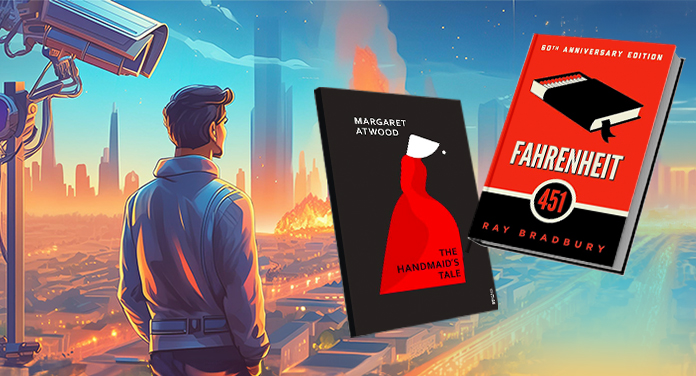
1984 has exerted a profound influence on numerous authors and works across various genres. Notably, Margaret Atwood‘s The Handmaid’s Tale draws heavily on Orwellian themes, exploring surveillance and the manipulation of truth within a dystopian regime. Additionally, Ray Bradbury‘s Fahrenheit 451, which examines censorship and the oppressive power of the state, also echoes many of the concerns raised by Orwell. Both authors credit 1984 for its visionary insight into the potential consequences of totalitarianism and its exploration of how societies might control and manipulate individuals.

George Orwell—born Eric Arthur Blair—was an essayist, journalist, and critic known for his lucid prose and outspoken support of democratic socialism.
Orwell was born in 1903 in Motihari, India, to a British colonial civil servant, showcasing his early exposure to the mechanisms of British colonial rule. He later studied at Eton College, although he never pursued university education, opting instead for a career with the Indian Imperial Police in Burma. This early career deeply impacted his views on oppression and power dynamics, themes prevalent throughout his writings.
After returning to Europe, Orwell engaged in various occupations, from dishwasher to teacher and bookstore assistant, gathering experiences that enriched his essays and fictional works with authenticity and philosophical depth. Orwell’s experiences in the Spanish Civil War and as a critic of totalitarianism shaped his writing, imbuing it with a unique blend of autobiographical intensity and political urgency.
A master of dystopian fiction, apart from 1984, Orwell has authored several other significant works. Animal Farm, a satirical allegory about Soviet totalitarianism, and his essays like ‘Shooting an Elephant’ and ‘Politics and the English Language’ have cemented his reputation as one of the most influential voices in 20th-century literature.
As we mark 75 years of 1984, diving back into Orwell’s world or discovering his insightful writings for the first time could never be timelier. A fan of Orwell or even if you are new to his work, this anniversary serves as a perfect moment to rediscover the classics and reflect on his contributions to literature and our society.


